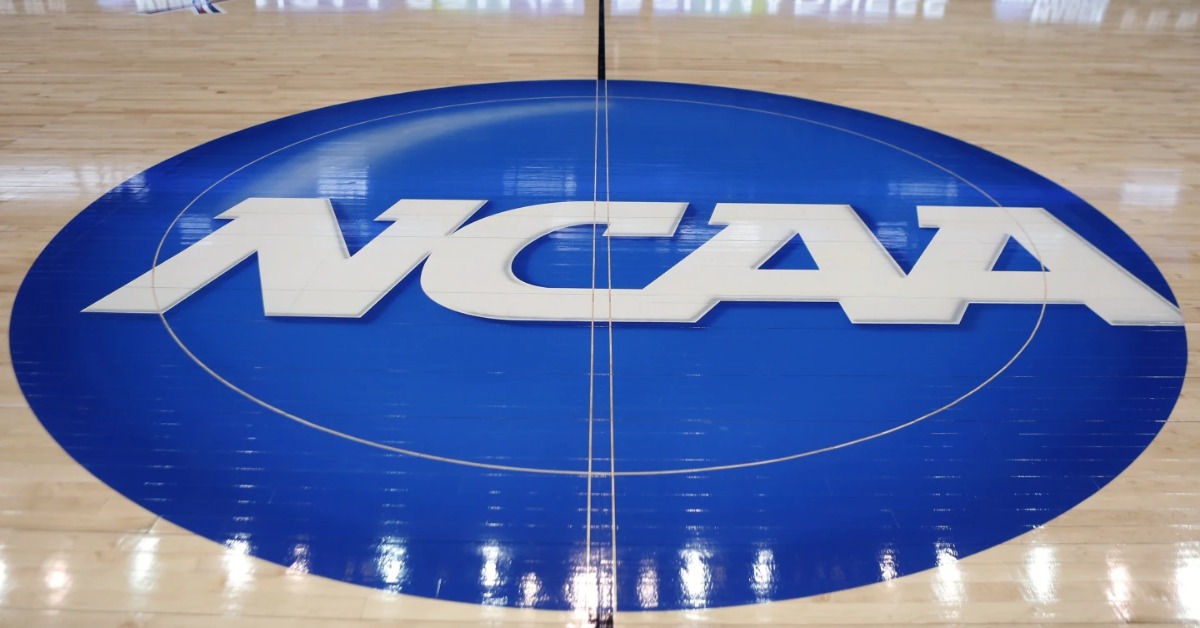Democratic senators have introduced the Student Athlete Fairness and Enforcement (SAFE) Act, a proposal that would overturn a 1961 law preventing college sports conferences from pooling their broadcast rights. The change could reshape how television deals are structured and create new revenue streams for conferences.
What the SAFE Act Proposes
Under current laws, each conference sells its TV rights separately. The SAFE Act would allow multiple conferences to band together to negotiate deals as a group, similar to how pro sports leagues operate. The bill also offers antitrust protections so these collective deals would not violate competition laws.
Additional features of the bill include:
- Restrictions on athlete transfers, limiting moves to two total.
- Requirements that extra revenue from pooled rights be used to maintain or increase support for Olympic and women’s sports.
- Oversight for NIL collectives and protections for athletes related to scholarships and health care.
- Proposals to ensure local football and basketball games remain accessible (not behind paywalls) in their home markets.
NCAA officials have expressed cautious support. Tim Buckley, NCAA Senior Vice President, said Congress has been urged to act to protect student-athletes and maintain consistent enforcement of academic and eligibility rules.
Potential Upside & Challenges
Advocates argue conferences combining media rights could unlock tens of billions in additional revenue. Some estimates suggest such pooled deals could generate a $15 billion bump in value.
But there are challenges:
- Smaller conferences may fear being overshadowed by Power 5 conferences in a merged media framework.
- Negotiating a shared structure will require balancing power and revenue distribution between members.
- Monitoring compliance, antitrust disputes, and ensuring NIL and athlete protections become key concerns.
Why It Matters for Athletes
If passed, this bill could:
- Increase the money flowing into conferences, which could expand financial resources for teams and non-revenue sports.
- Provide clearer legal protections for athletes around media revenue, NIL, and contract enforcement.
- Shift how revenue is distributed and potentially reduce gaps between elite and smaller conferences.
What Happens Next
The SAFE Act now goes to committee review. It is an alternative to the stalled SCORE Act in the House, another bill aimed at standardizing NIL and restructuring the rules around compensation and conference rights.
If the SAFE Act passes, it would mark a major shift in college sports governance, pushing media rights and athlete protections into a new era.




